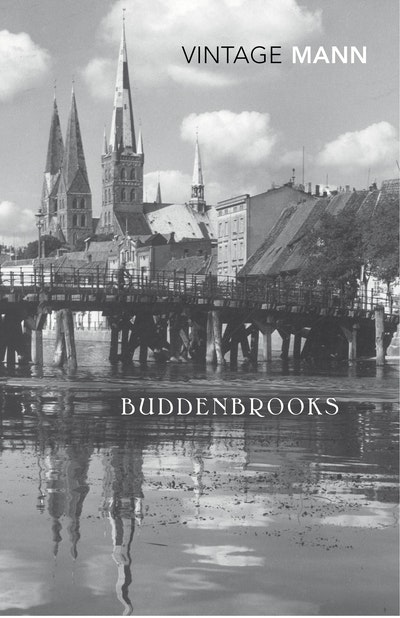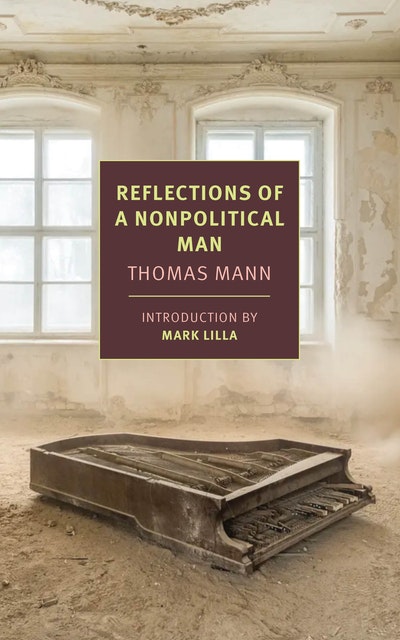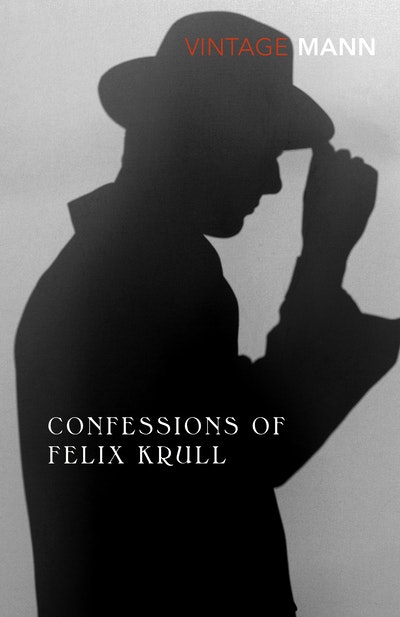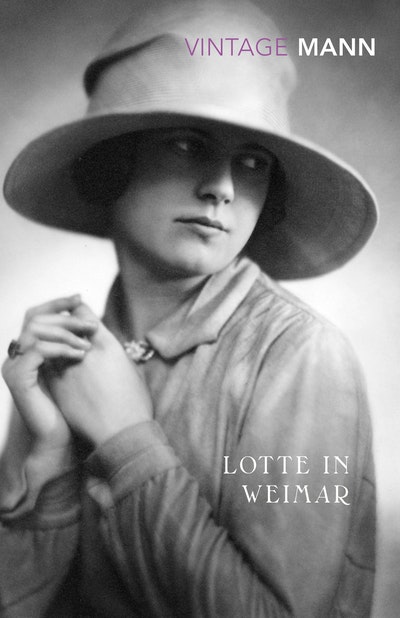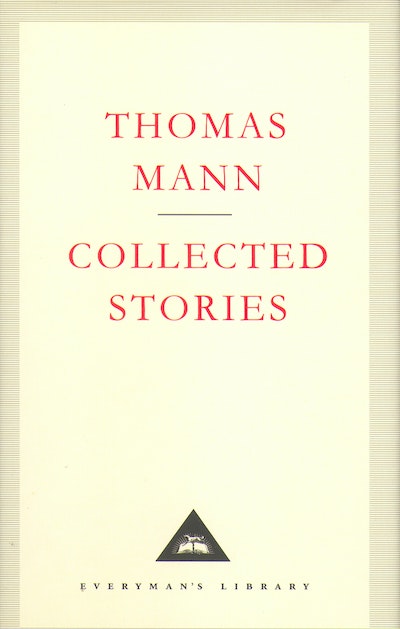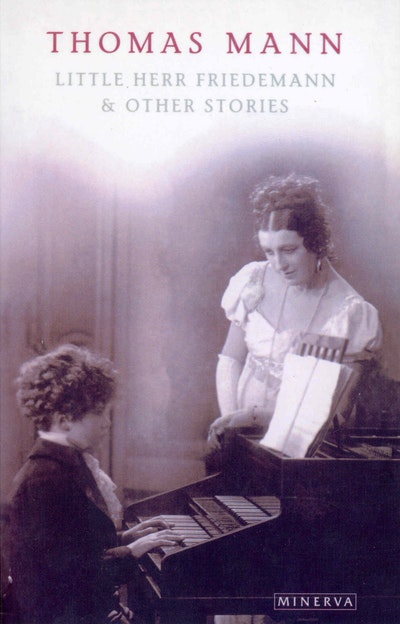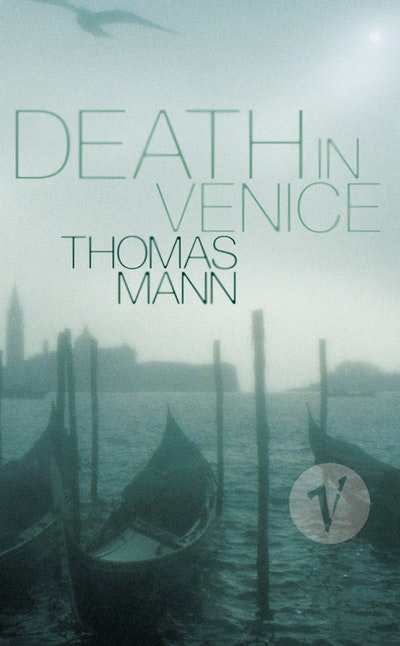- Published: 1 October 1996
- ISBN: 9780749386474
- Imprint: Vintage Classics
- Format: Paperback
- Pages: 864
- RRP: $24.99
Buddenbrooks
- Published: 1 October 1996
- ISBN: 9780749386474
- Imprint: Vintage Classics
- Format: Paperback
- Pages: 864
- RRP: $24.99
An absorbing, well-observed, almost film-like telling of a family in Lubeck over a generation or two
Independent
Has extraordinary value as a document over and above its importance as literature. The friendly dispassionateness of the book, the amplitude, the final perfection of clearness, make it as satisfying as a Dürer drawing
Observer
Perhaps the first great novel of the 20th century
New York Times
A detailed portrait of a family and its destructive impact
New York Times
One of the best novels of the 20th century
Guardian
That definitive epic of German family life
Irish Times
His masterpiece
Los Angeles Times
A simple but magnificent proof of genius. A first novel by a 25-year-old with absolute command of his craft, uncanny knowledge of his world, its past and present, and a daring originality which makes its last pages among the most startlingly moving I know
Alan Hollinghurst, New York Times
One of the greatest things a novel can do is to create a world - and this is one of the most richly evoked and inhabited of all
Michael Frayn, Week
